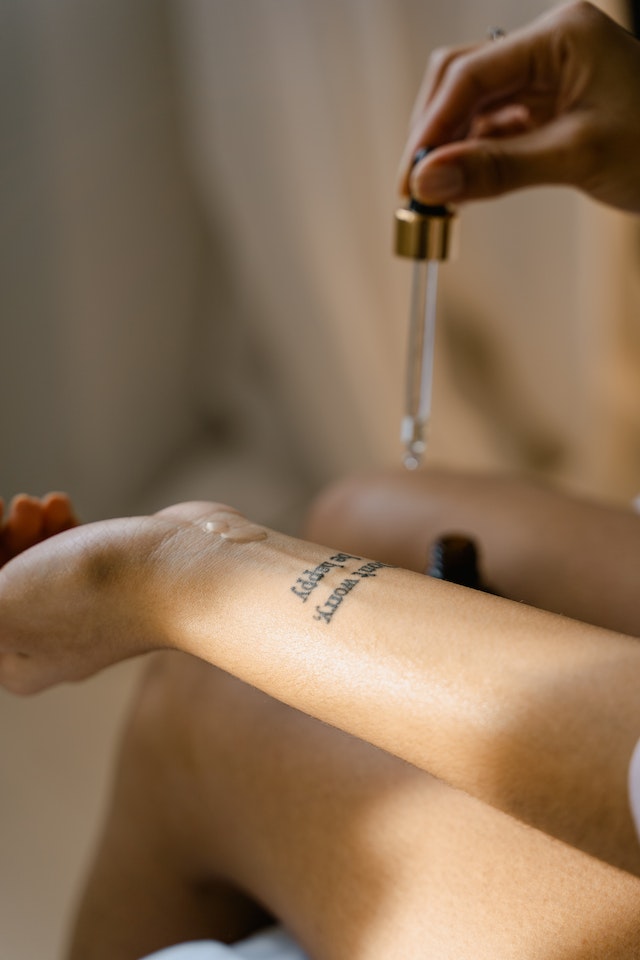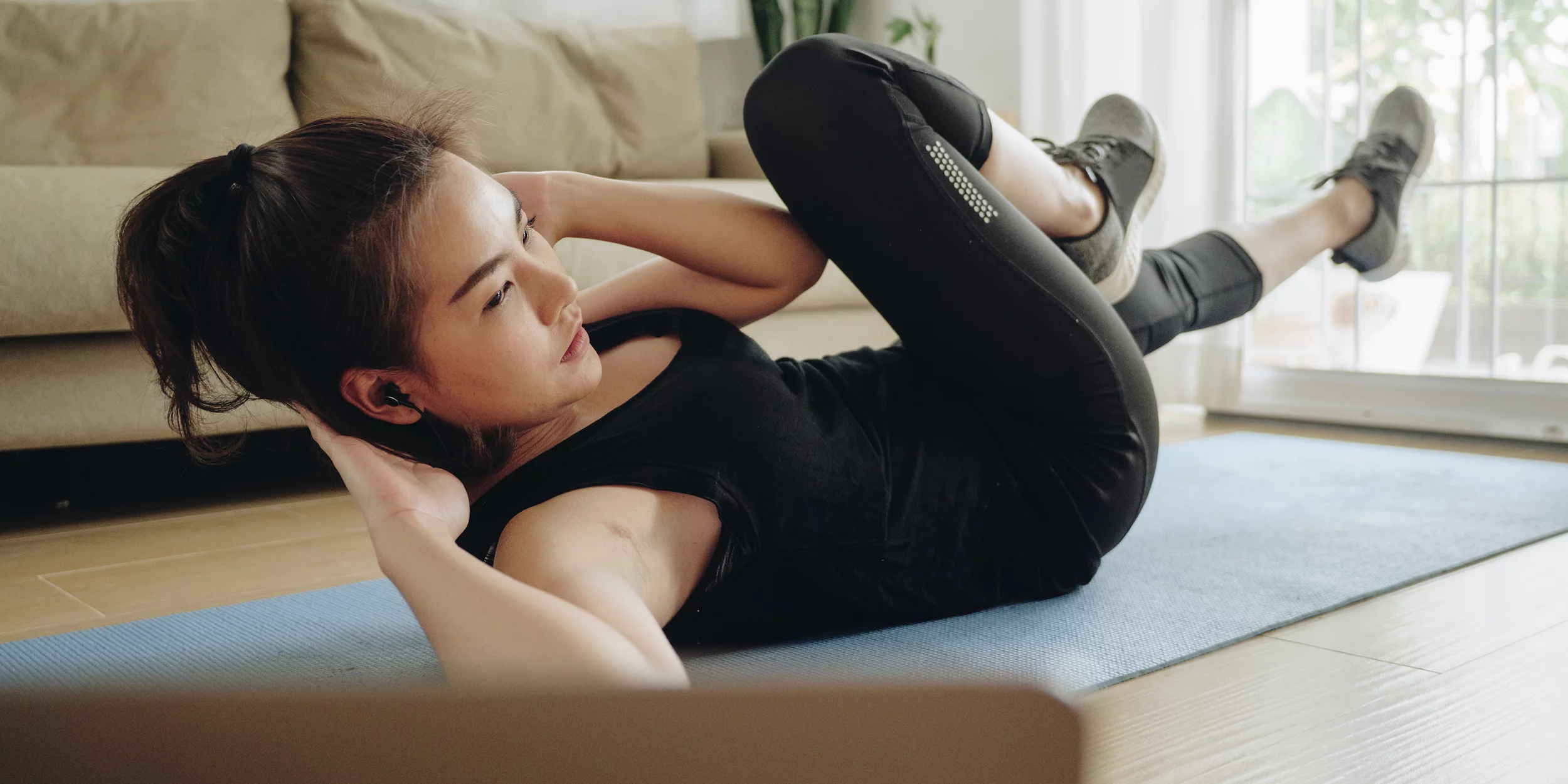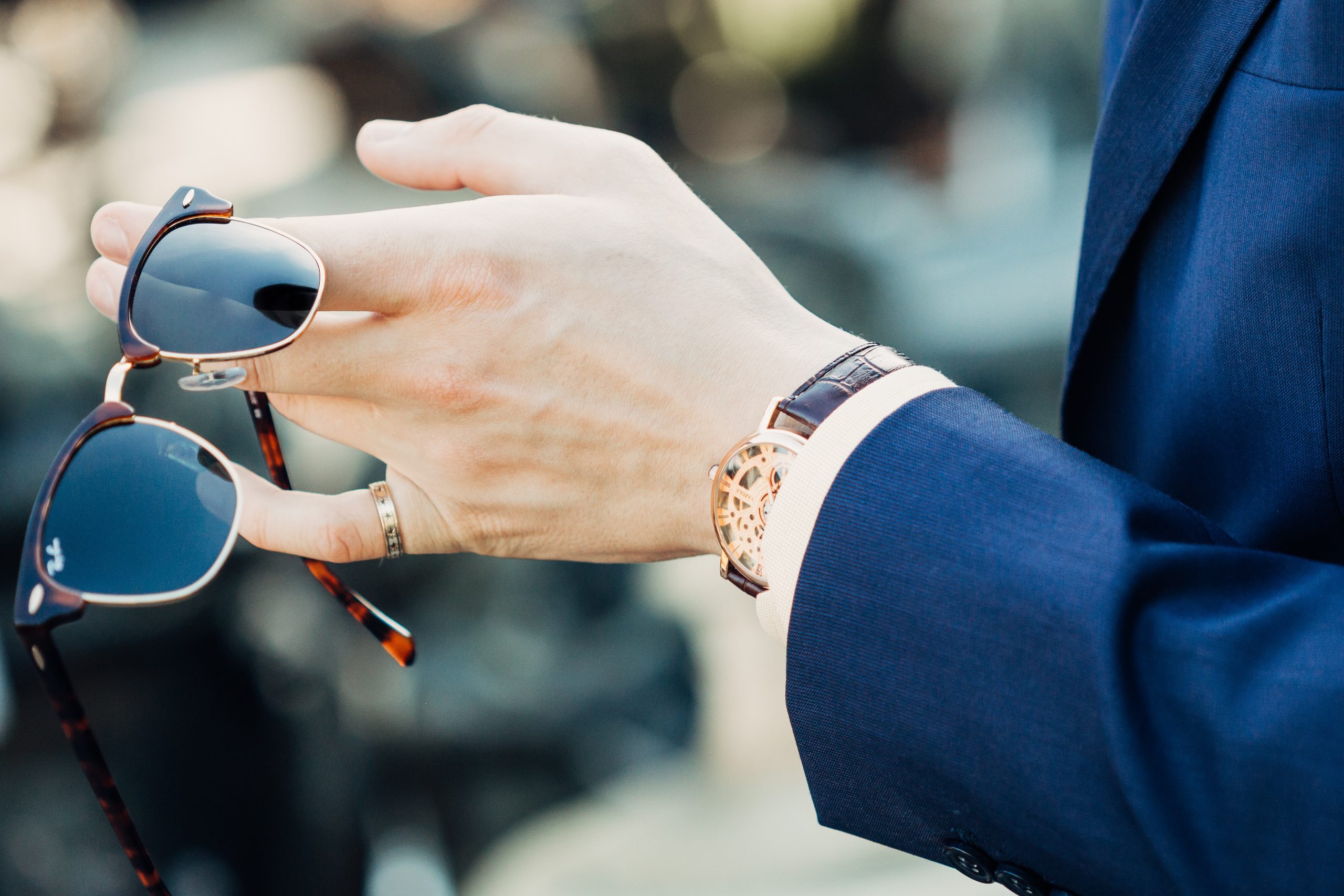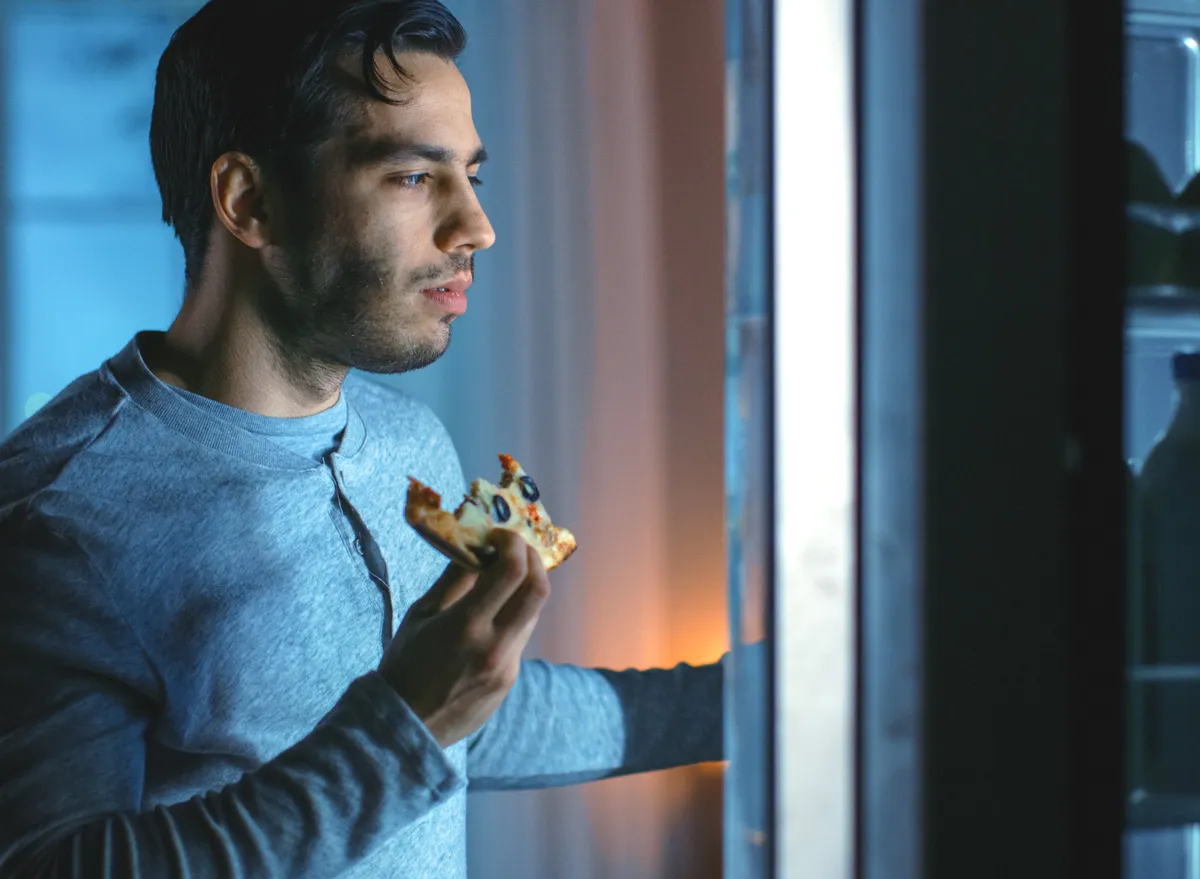The beauty industry has been undergoing a significant transformation in recent years, with the rise of technology playing a critical role. From virtual try-ons to personalized skincare recommendations, beauty tech is revolutionizing the way we approach beauty. And at the forefront of this revolution are AI and AR.
AI (Artificial Intelligence) and AR (Augmented Reality) are two technologies that have been increasingly used by beauty brands to enhance customer experience and improve product offerings. AI-powered tools are being used to create personalized skincare and makeup recommendations based on skin type, tone, and concerns. AR, on the other hand, enables customers to virtually try on products, such as lipstick or eyeshadow, before making a purchase.
One of the most significant benefits of these technologies is the ability to personalize beauty recommendations. With AI-powered skincare analysis tools, for example, customers can receive a customized regimen that addresses their unique skin concerns. This not only improves the effectiveness of the products but also enhances the overall customer experience.
AR-enabled virtual try-on features are also gaining popularity, particularly during the COVID-19 pandemic when in-store try-ons are not always feasible. Customers can now try on different makeup looks and experiment with various shades from the comfort of their own homes, without the need for physical product samples.
Another way that beauty brands are using AI and AR is through chatbots and virtual assistants. These tools allow customers to receive instant product recommendations and answers to their beauty-related queries. Some brands even offer virtual consultations with skincare experts or makeup artists, providing personalized advice and recommendations.
While AI and AR are undoubtedly changing the beauty industry, some have raised concerns about their potential impact. One of the main criticisms is that these technologies perpetuate beauty standards and promote unrealistic beauty ideals. It’s important for brands to ensure that their AI and AR tools are inclusive and represent a diverse range of skin tones and features.
Overall, the beauty tech revolution shows no signs of slowing down, with AI and AR at the forefront of innovation. As these technologies continue to evolve, we can expect even more personalized and immersive beauty experiences in the future.










